Finding Phong
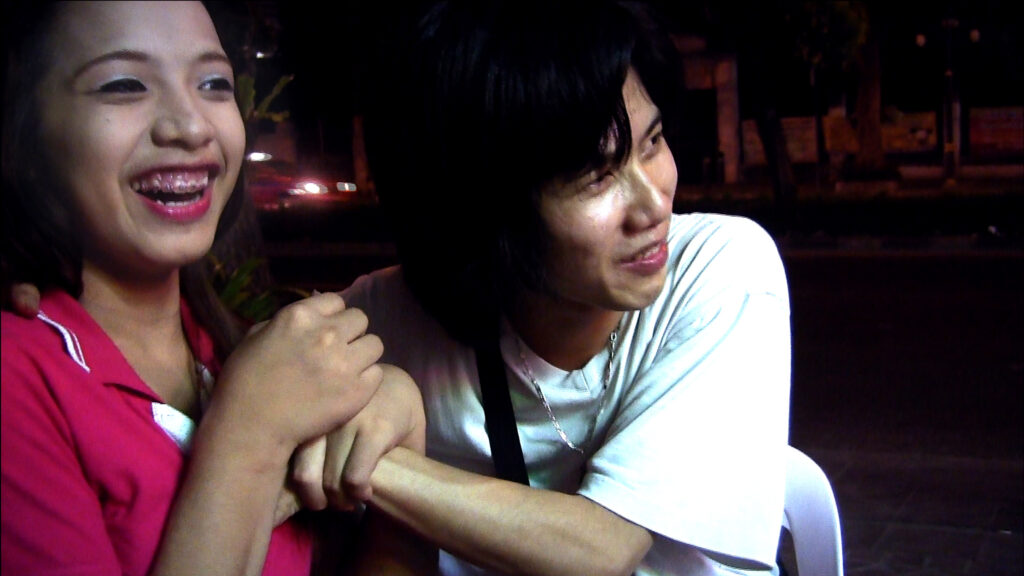
Finding Phong is not just a documentary, it’s an intimate unfolding of identity, courage, and love. Shot over a year, the film follows Phong, a young trans woman from central Vietnam, as she navigates her gender transition while studying in Hanoi. Using a mix of handheld video diaries and observational documentary, directors Swann Dubus and Trần Phương Thảo create a portrait that’s at once raw and poetic.
Travelling Circus
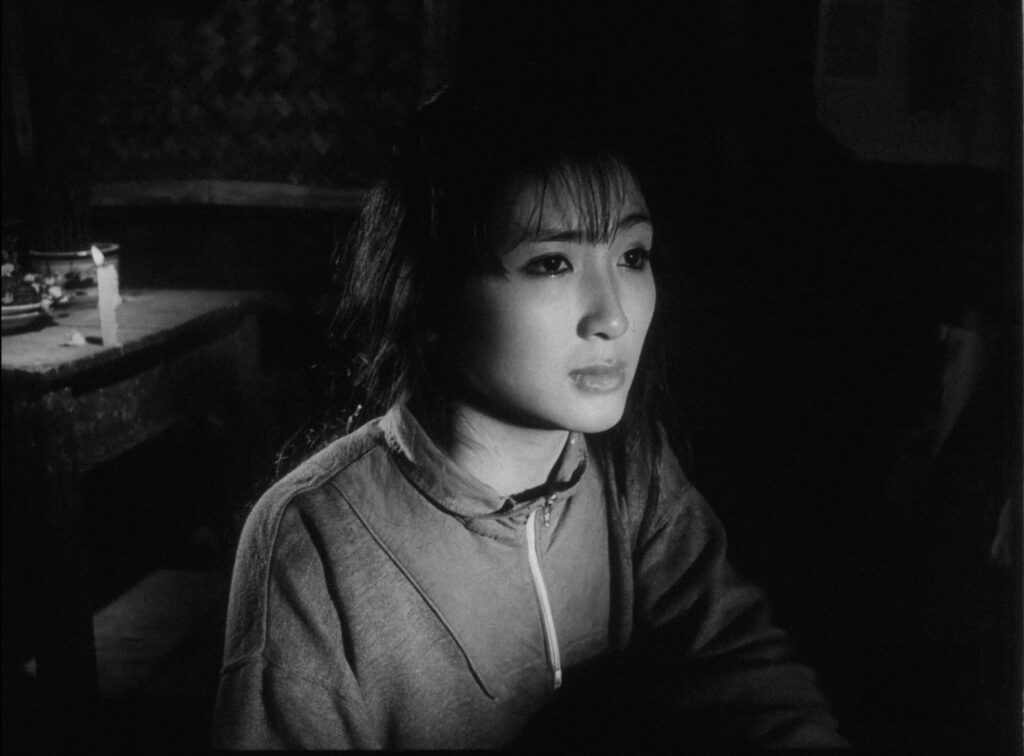
Set in a remote, poverty-stricken ethnic minority village in Vietnam’s Central Highlands, the story follows a travelling circus from Hanoi that arrives to perform its illusions and entertain. But beneath the magic, there’s manipulation. The troupe’s leader, charming, but self-serving, tricks the villagers into searching for mythical gold, promising wonders in return. The hope of prosperity becomes a tragic mirage.
Việt and Nam
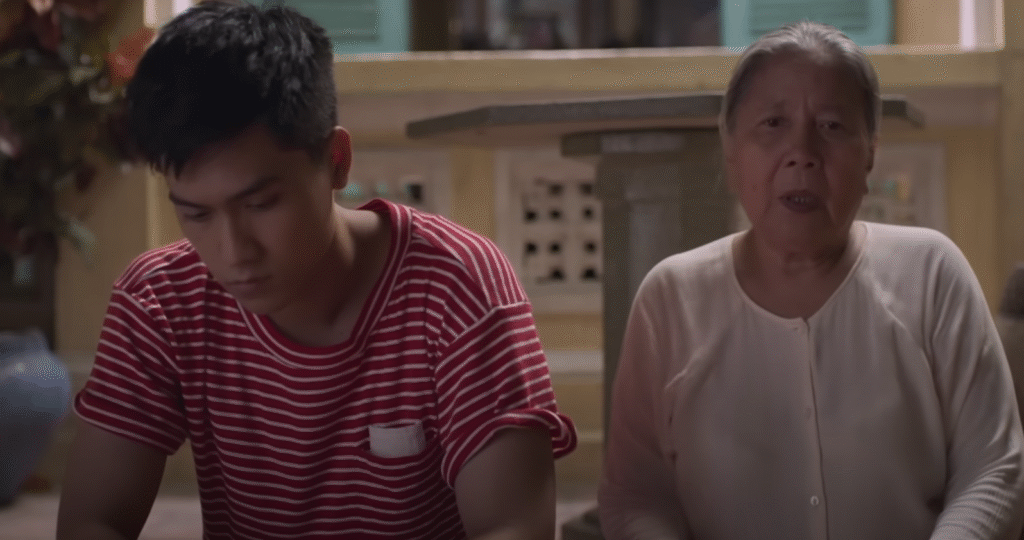
Some films land softly. Others bury themselves deep. Việt and Nam was the latter. After all the buzz in the film community, I finally got to watch it thanks to the filmmakers and producers who generously shared a screener after its festival run. What unfolded was something utterly arresting, gentle, quiet, and yet tectonically moving.
Goodbye Mother
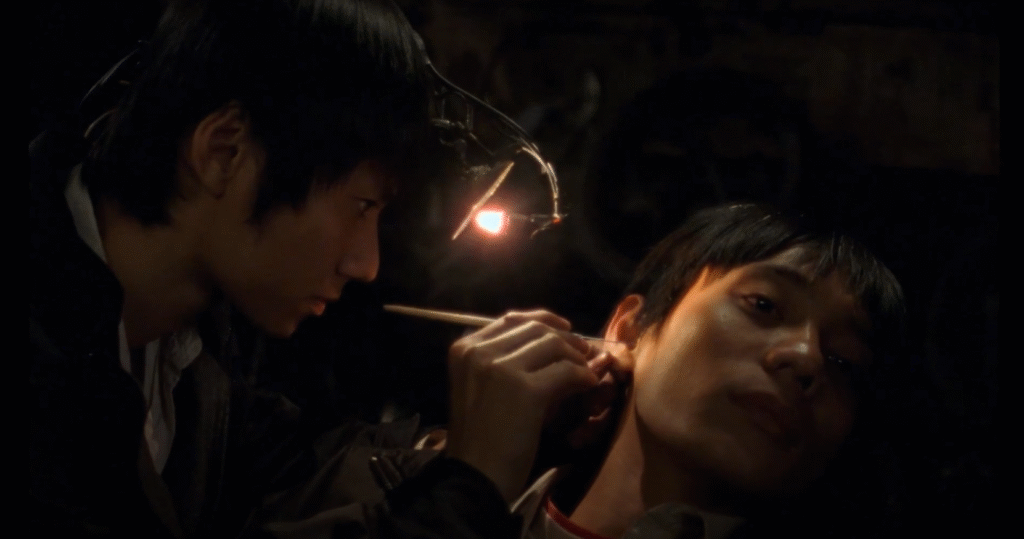
The joys of being in Vietnam? You get Vietnamese Netflix. And that meant I could watch a film like Goodbye Mother. I really wasn’t expecting much, just a quiet evening in my gorgeous Airbnb in Hanoi, but then this film completely moved me. It was gentle, tender, and full of such quiet beauty. The performances were delicate and full of warmth. It honestly felt like one of those subtle moments that leave a deep mark. One of those quiet turning points in your cinematic life.
Singing In Rainy Afternoon
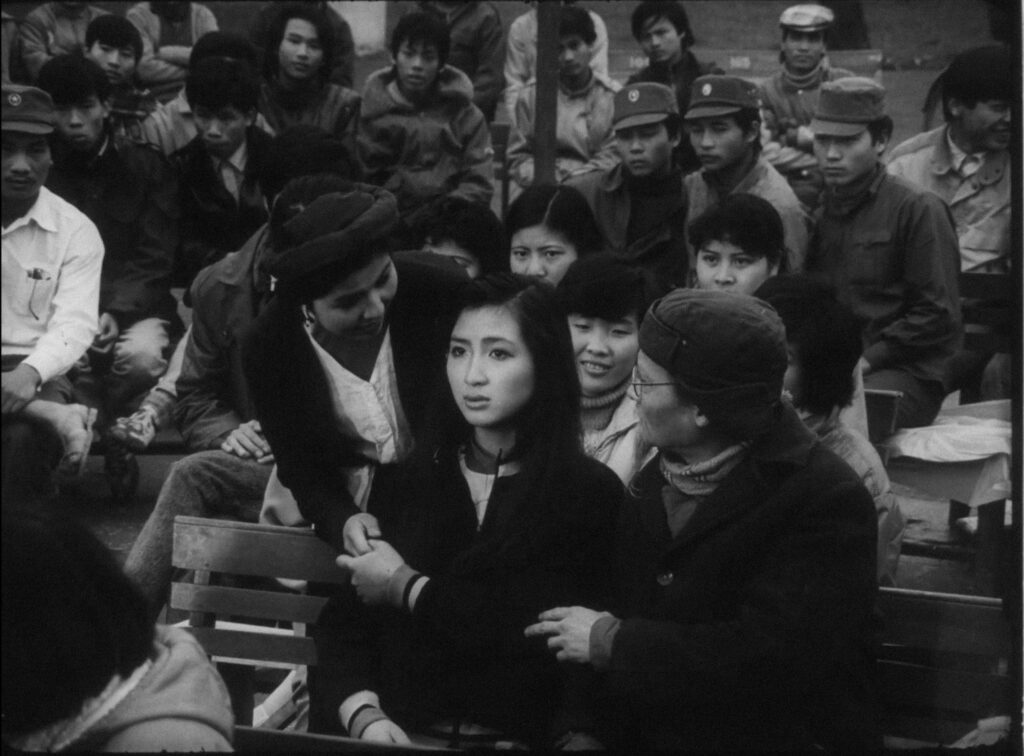
Hát Giữa Chiều Mưa centres around a young girl who accidentally becomes blind due to an incident involving a man selling fireworks. The story then unfolds to explore her journey, her relationship with her father, and her undying love for singing. Despite the tragedy of her blindness, she holds a beautiful, compassionate heart, and while those around her seek vengeance on the man who blinded her, she forgives him. Her journey is one of kindness, forgiveness, and the transformative power of music.
Sandy Lives
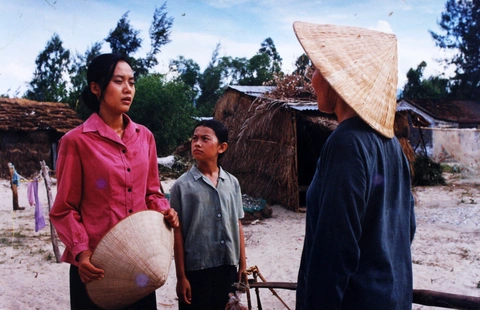
Watching Doi Cát (Sand Life) feels like stepping into a slow-burning storm, one filled with love, regret, and the quiet ache of lives shaped by war. Directed by People’s Artist Nguyễn Thanh Vân and adapted from Hữu Phương’s short story Three People at the Train Station, this is one of the most visually and narratively refined films to emerge from the Đổi Mới era. Unlike the phim mì ăn liền (instant noodle films) that dominated the early ’90s, Doi Cát reflects the evolution of Vietnamese cinema: technically assured, thematically rich, and deeply human.
Adrift
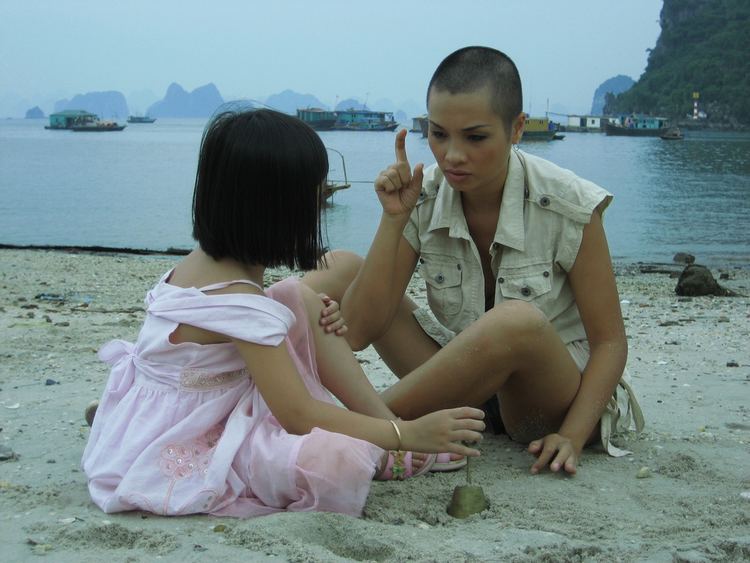
After 5 weeks in Hanoi conducting my research and watching films on a daily basis, I headed to Ho Chi Minh City for 10 days, with interviews and meetings lined up. I also planned to meet some people I knew from London who were in Ho Chi Minh at the same time. One such person was the beautiful and charismatic actor Linh Dan Pham, whom I met back in 2019, the same year I did my initial research in Vietnam for my MA in film programming and curating. Linh-Dan had been cast as the mother in the first British-Vietnamese UK stage production Summer Rolls by Tuyen Do and produced by me.
Bar Girls
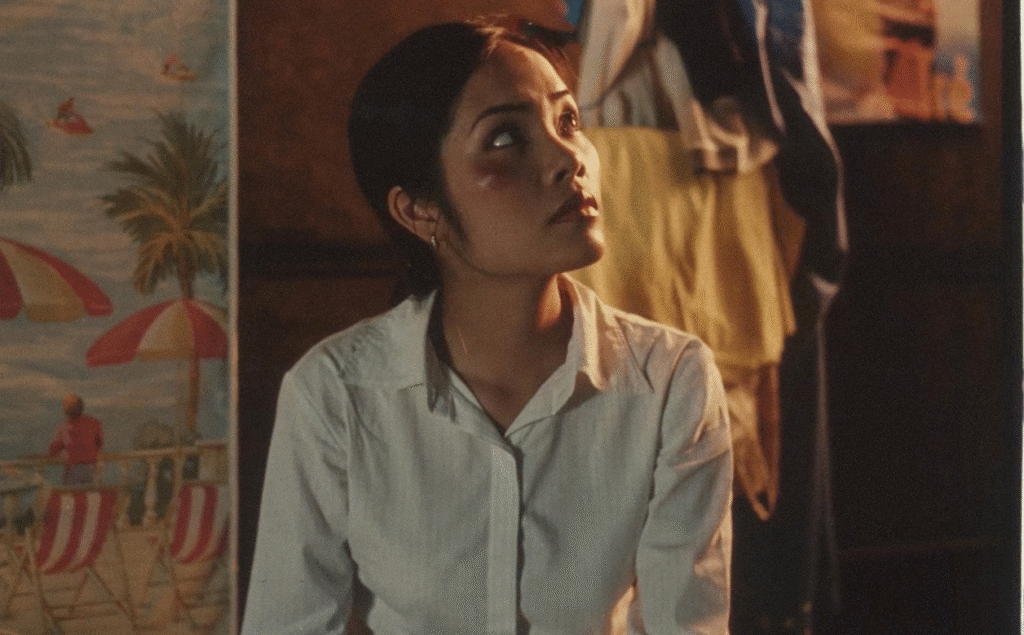
Gái Nhảy (Bar Girls) doesn’t tiptoe around its subject matter, it kicks the door down. Directed by Lê Hoàng, this film thrusts us into a world rarely explored in Vietnamese cinema: the lives of young sex workers navigating the chaos of urban Vietnam. And before you roll your eyes at yet another film about sex work, let me stop you, this one matters. Not only did it break away from the war-centric narratives that had dominated Vietnamese screens for decades, but it also set the stage for a new wave of Vietnamese cinema that dared to tackle contemporary social issues head-on.